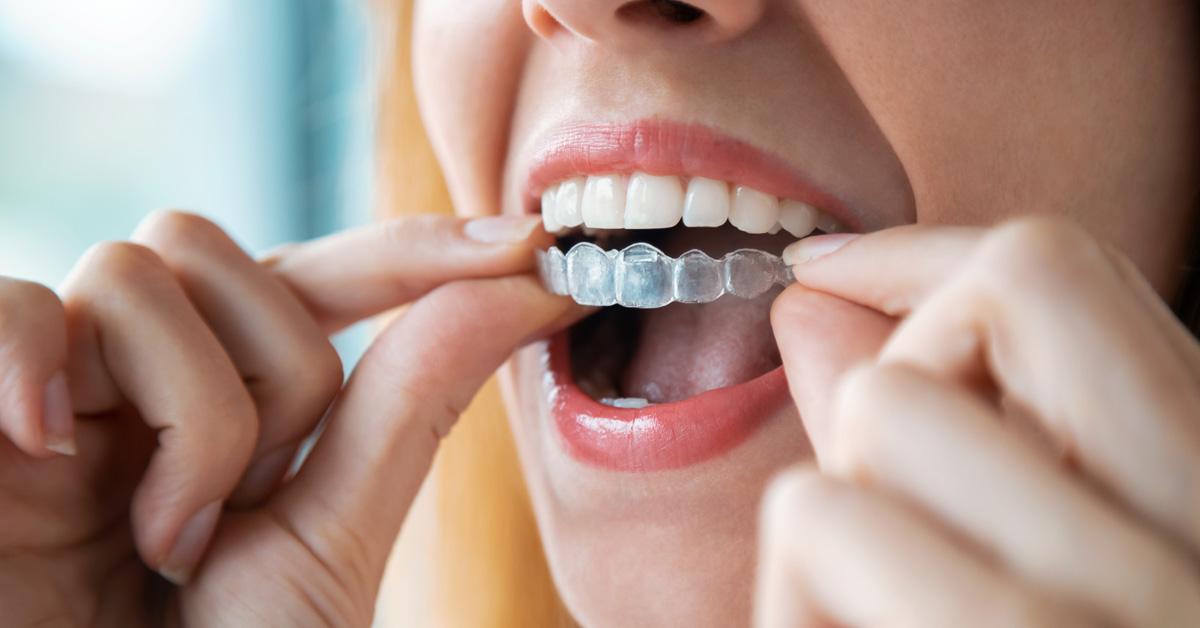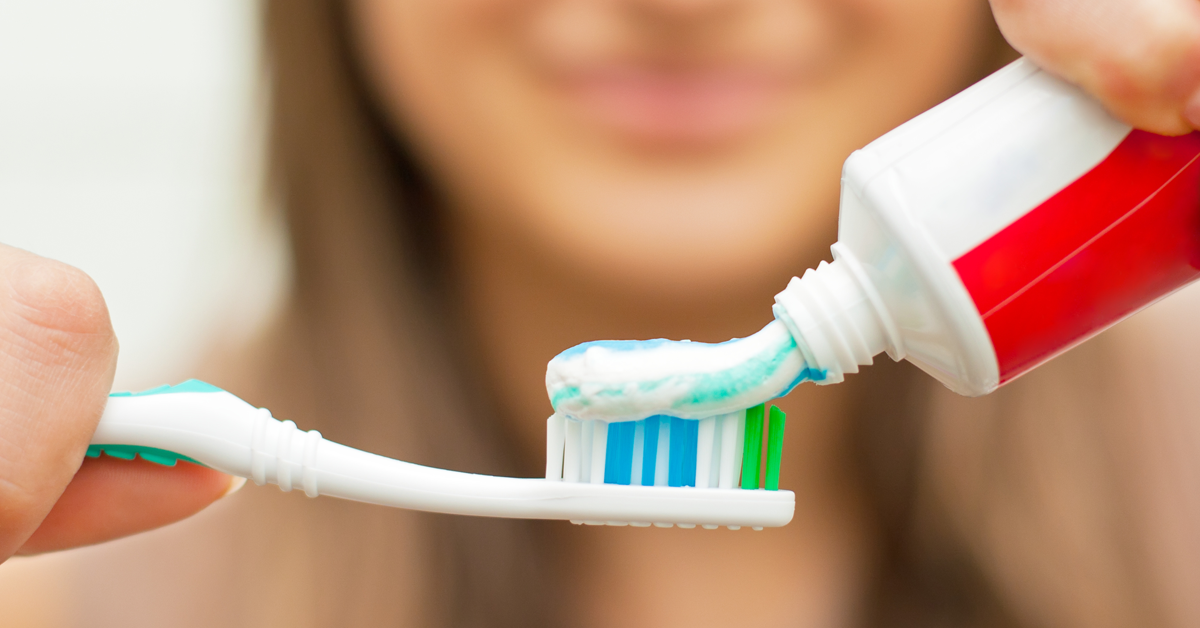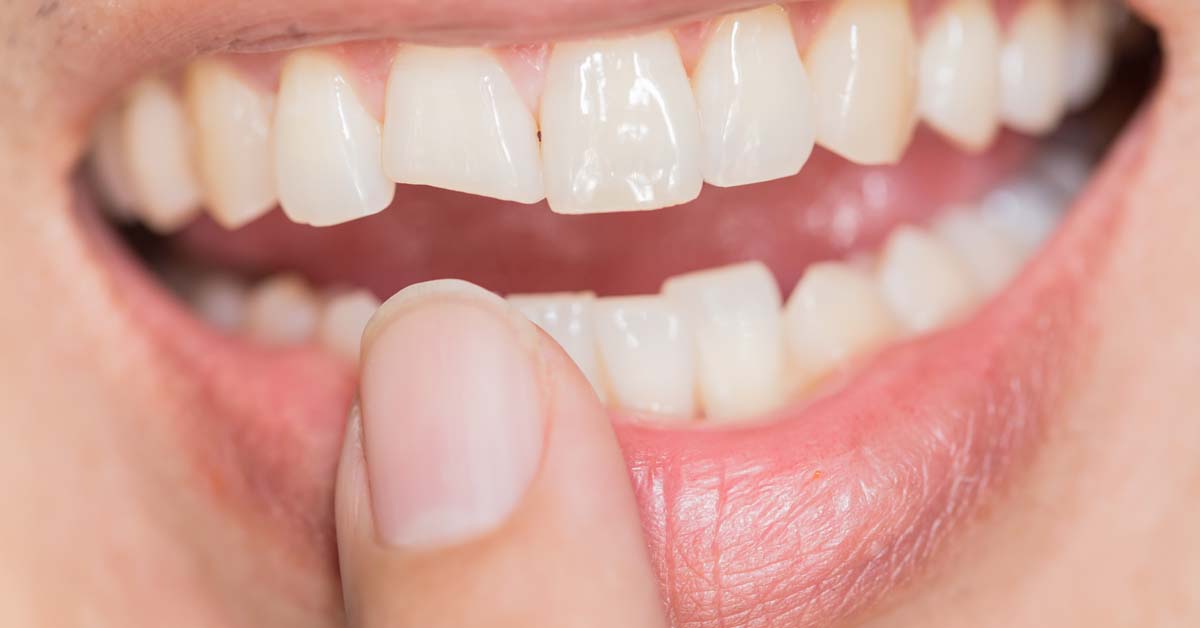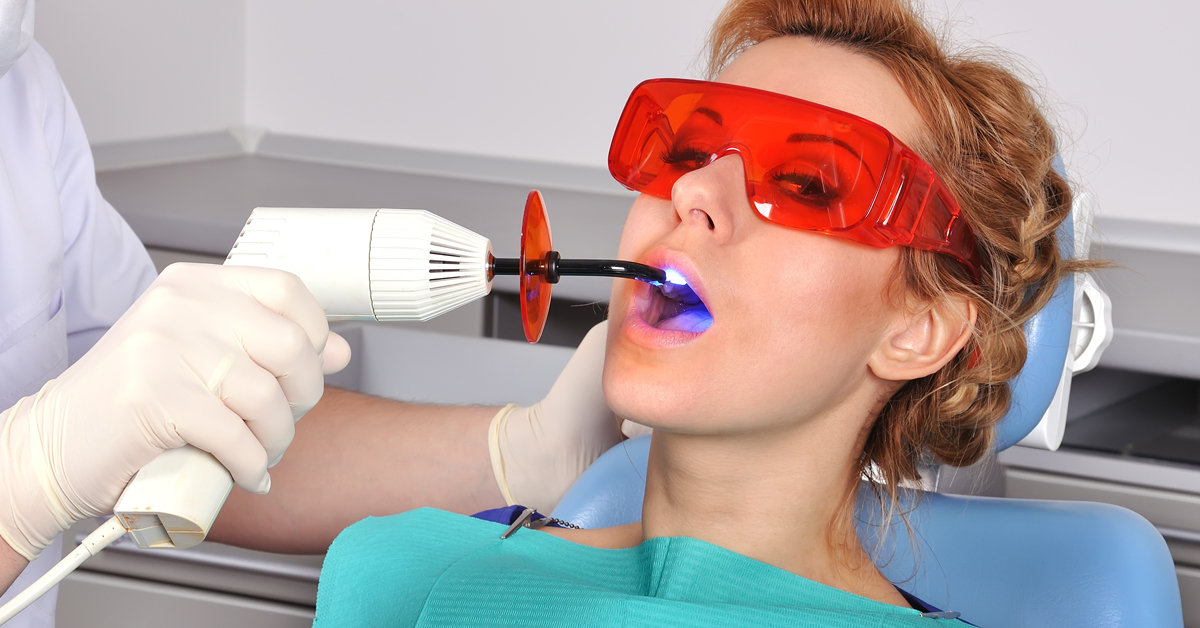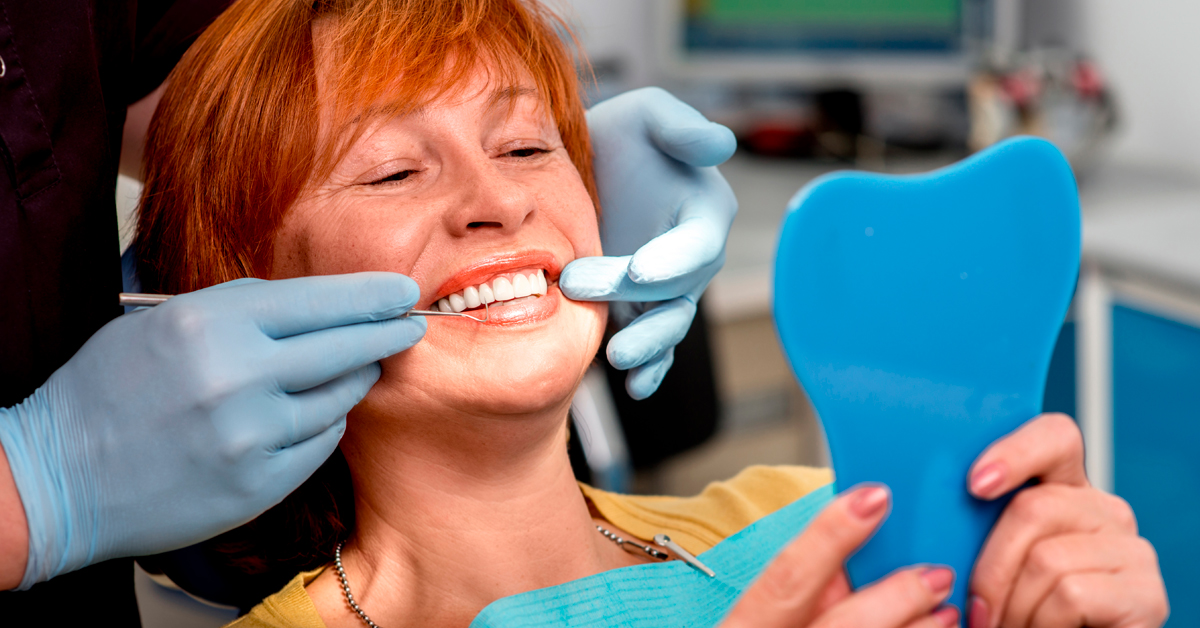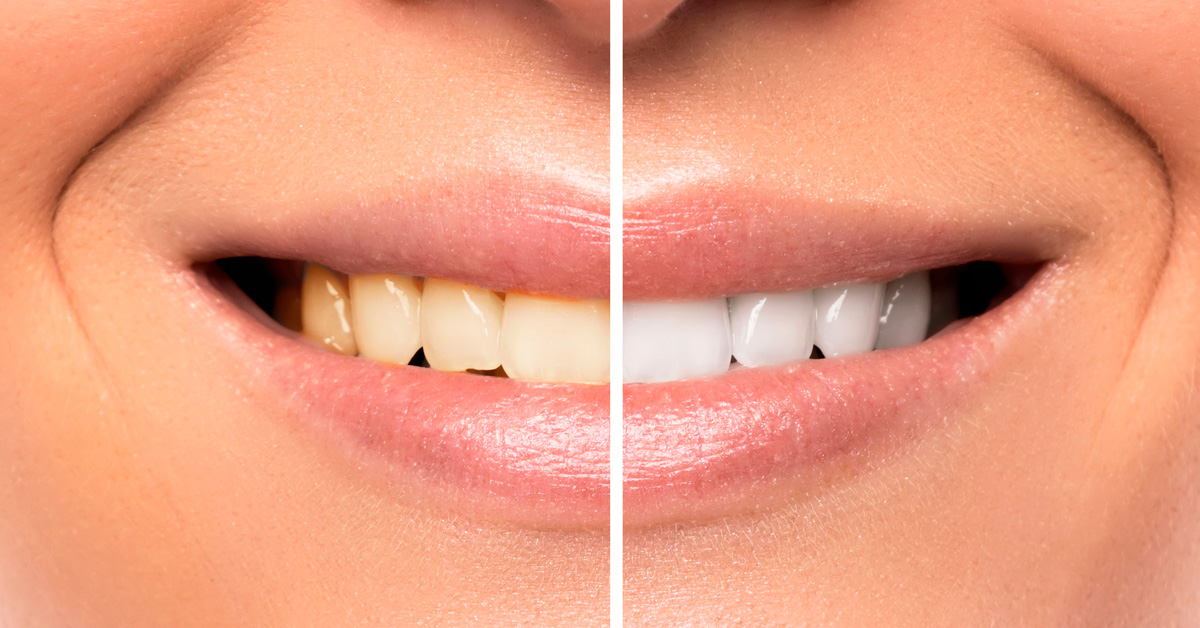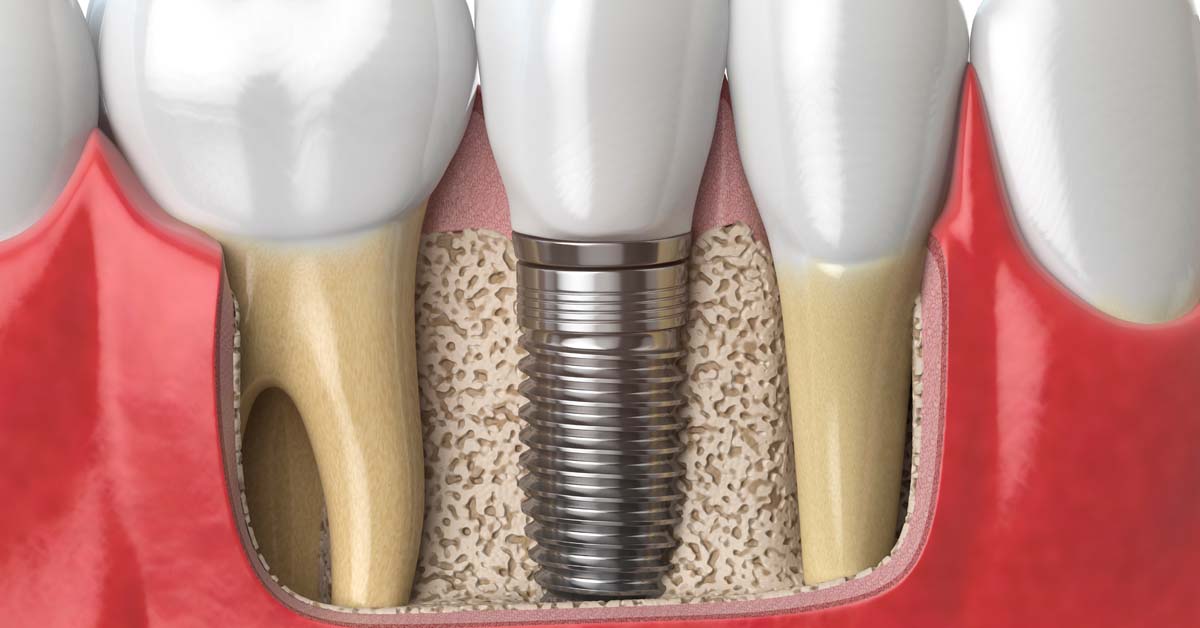A Comprehensive Guide to Invisalign: How It Works and What You Should Know
Have you ever wondered what it would be like to straighten your smile without metal braces? If so, then you should consider Invisalign. Invisalign is a revolutionary orthodontic treatment that uses a series of clear, custom-made aligners to gradually shift teeth into their desired position. Keep reading to learn more about how Invisalign works and what you can expect from this incredible treatment.
How Does Invisalign Work?
Invisalign uses a series of clear, customized aligners designed to fit comfortably over your teeth. Each aligner is slightly different from the previous one as it slowly shifts your teeth into the correct position.
What Are Invisalign Aligners Made of?
Invisalign utilizes a cutting-edge, medical-grade thermoplastic material that is incredibly smooth and gentle on your mouth. Each set of Invisalign is custom-made for each patient. The aligners are almost invisible when worn and fit perfectly over your teeth. They are also removable, so you can take them out when eating and drinking, or brushing and flossing your teeth.
What Should You Expect During Treatment?
If you’re considering Invisalign for your orthodontic needs, the first step is to meet with an experienced dentist or orthodontist who will review your current dental condition and decide if this treatment option suits you. Once you’re deemed a good candidate for Invisalign, your dentist or orthodontist will take X-rays and scans of your teeth and create 3D images to use during treatment. This information will be used to create a personalized treatment plan that outlines exactly how each set of aligners will move your teeth into their desired position.
Treatment with Invisalign progresses through a series of aligners, each to be worn for at least two weeks. As you transition between sets of aligners, your teeth will slowly drift into their intended position according to the prescription provided by your dentist or orthodontist. Throughout each step in the treatment plan, regular checkups with your orthodontist are recommended to ensure that everything is progressing as expected and to make any necessary adjustments along the way.
How Long Does Invisalign Treatment Take?
The amount of treatment time will vary from person to person. On average, most treatment plans last between 12 and 18 months. In some cases, it may be shorter or longer, depending on the complexity of your dental needs. After treatment, patients typically wear a retainer at night for several months to maintain their new smile.
Best Affordable Invisalign Provider in Winter Park, FL
As the Number No.1 Invisalign Provider in Winter Park, FL, we are proud to be your go-to family dentist for all your dental needs. Our staff at Smile Center of Orlando is well-trained in providing Invisalign treatment and will work with you to ensure your experience is as comfortable and stress-free as possible. We offer various payment options, including financing, to ensure everyone has access to the quality dental care they deserve. Contact us today to schedule an appointment.
